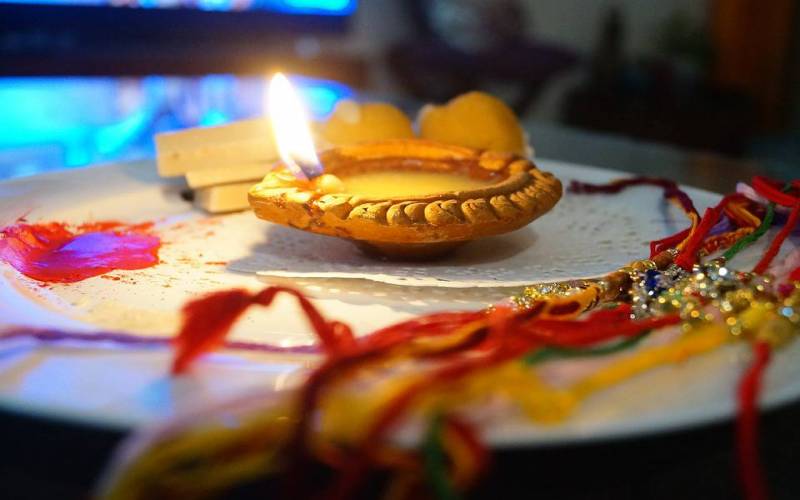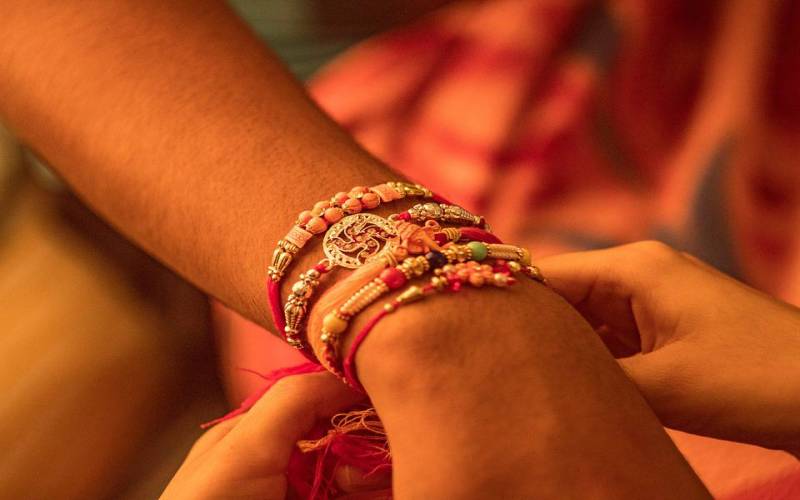Raksha Bandhan Festival, India
During Raksha Bandhan, the special Hindu festival, which takes place in countries like India and Nepal, brothers and sisters celebrate their love for each other. Traditionally, Raksha Bandhan falls during the month of Shravana, which typically falls in August under the Gregorian calendar.
Sanskrit terminology describes the festival as "the tie or knot of protection." While "Raksha" means protection, "Bandhan" stands for the action of tying. Symbolic of the eternal love of siblings, the Raksha Bandhan festival represents more than just blood relationships, but also the bond of brother and sister. Cousins, sisters, and sisters-in-law, aunts, and nephews within the same family are also invited to celebrate. Among
The Hindus living in northern and western India as well as Nepal, Pakistan, and Mauritius, this festival is largely observed. It is also revered by the Jain community where the priests give threads to the devotees during this occasion.
A celebration of brother-sister relations, known by the Sikhs as "Rakhardi" or Rakhi, is observed by Sikhs.
The Raksha Bandhan festival celebrates the bond of duty between sisters and brothers. Women and men, even those who are not biologically related, are encouraged to celebrate the occasion of developing friendships between them. Every year, sisters tie rakhis on their brother's wrists, praying for their well-being, health, and prosperity. Upon receiving gifts in return, he offers to protect his sister from harm in all circumstances. Occasionally, siblings from distant families, relatives, or cousins will celebrate the festival with their siblings.

